First Annual Acadia Buildathon
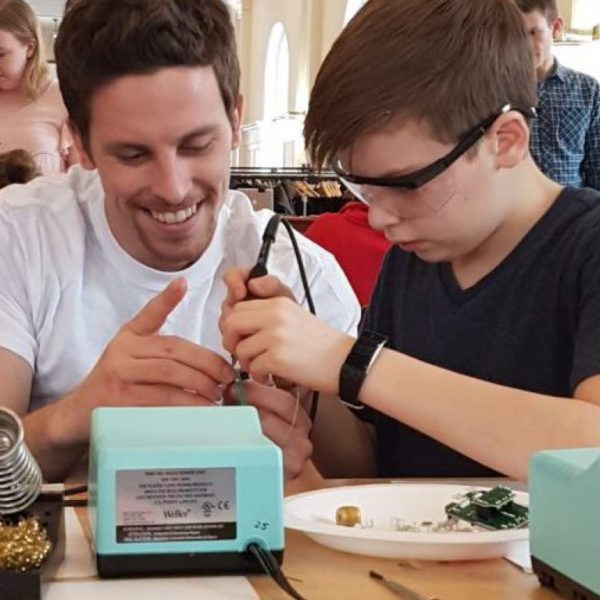
Today we sit down with Courtney Cameron, a Halifax-based Assistive Technology Specialist with Neil Squire Society, and get the inside scoop on Acadia University’s first annual buildathon featuring the LipSync device.
LipSync Buildathon
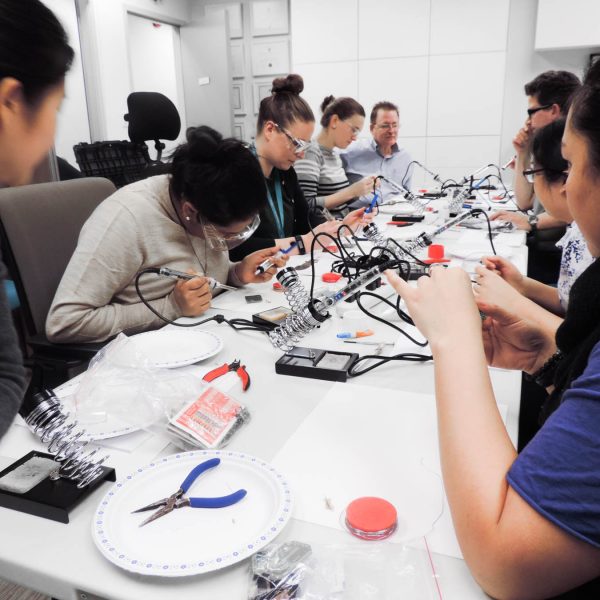
On January 24th, the Solutions team worked with the Neil Squire Society’s Makers Making Change team to build LipSyncs. A LipSync is a mouth-controlled device that helps people with limited use of their arms to operate a touchscreen device.
The team was given an introduction to soldering, after which they began building the devices. More details about the LipSync and its open-source project files are available here.
LipSync Update Part 3
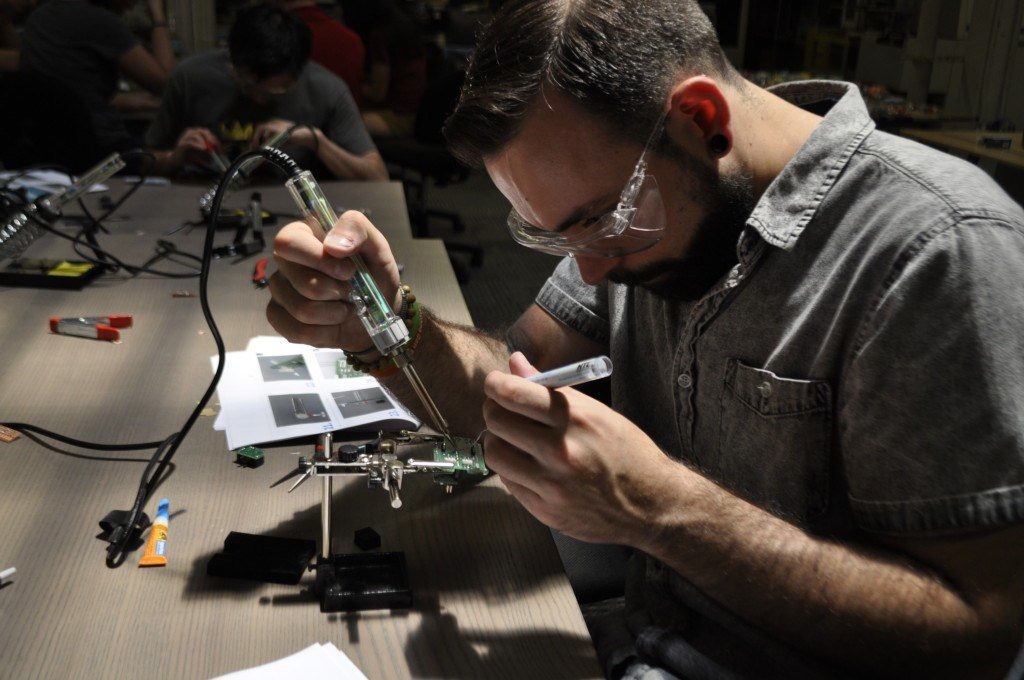
This is part 3 of 3 of our LipSync Update series. In this last update, we conclude our interview with Neil Squire Society’s Director of Innovation, Chad Leaman. To read part 1, click here. To read part 2, click here.
LipSync Update Part 2
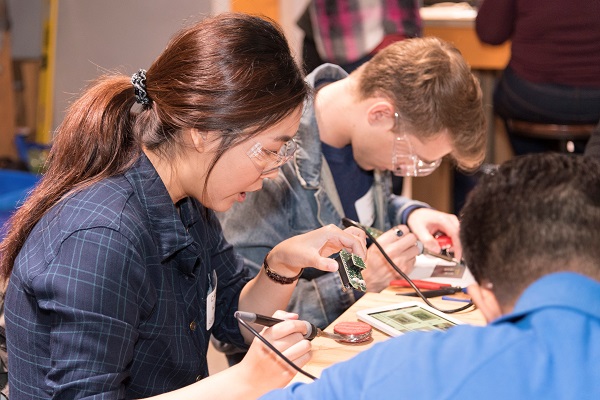
This is part 2 of a 3 part series that explores the LipSync device. To read part 1, click here. In this edition, we interview Chad Leaman, Director of Innovation at Neil Squire Society, for the inside scoop on the LipSync.
LipSync Update Part 1
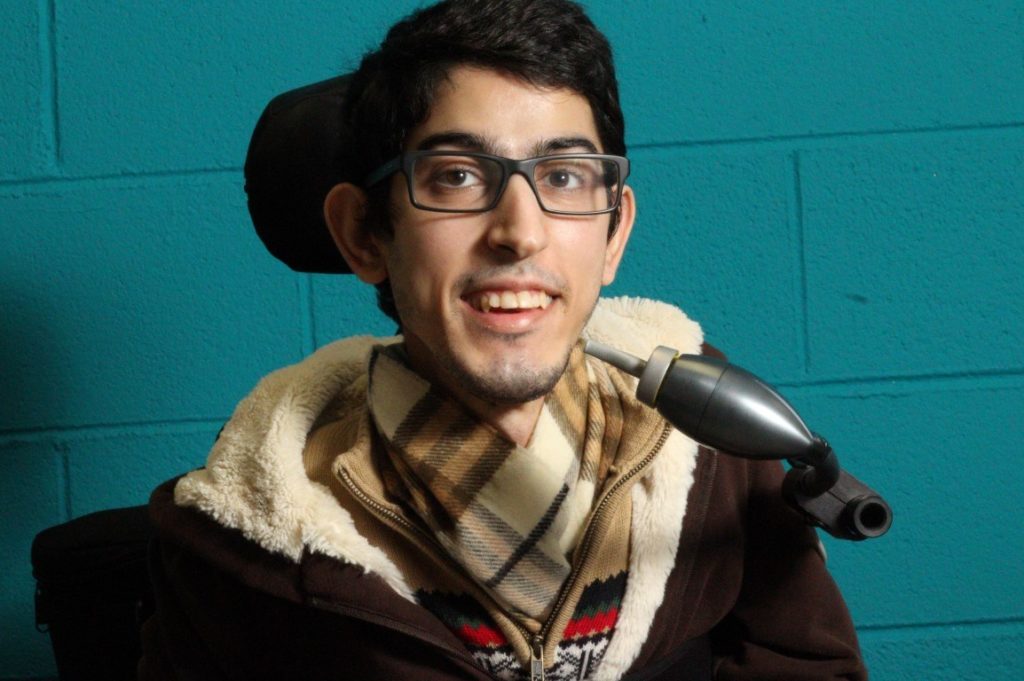
In case you haven’t heard of it, the LipSync is a next generation USB mouse emulation device which can be used in conjunction with any smartphone, tablet, or PC. The device is small and portable, and it can easily be mounted to a desk or wheelchair, allowing users with limited mobility to more easily interact with technology by controlling mouse clicks with a mouthpiece.
Neil Squire Society to Empower Students with Disabilities
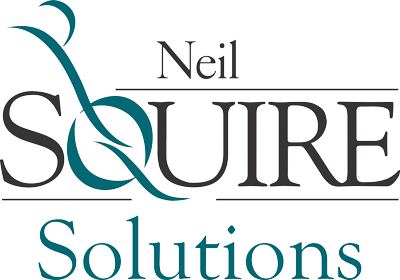
Neil Squire Society to Empower Students with Disabilities through Assistive Technology in Fort Qu’Appelle, Saskatchewan
Neil Squire Solutions will be providing assistive technology support to students and teachers at the File Hills Qu’Appelle Tribal Council in Fort Qu’Appelle, Saskatchewan, with a focus on helping students with disabilities transition from school to post-secondary education/training or employment.
Solutions will be reviewing and assessing the current teaching strategies at six schools in the region, with an eye to improving learning for students with disabilities. They will assist teachers in investigating and demonstrating the use of assistive technology in their classrooms, and they will support students with disabilities in the use of technological supports to maximize their learning. Solutions will provide professional development training in the use of text-to speech software, word prediction software, and organizational tools.



